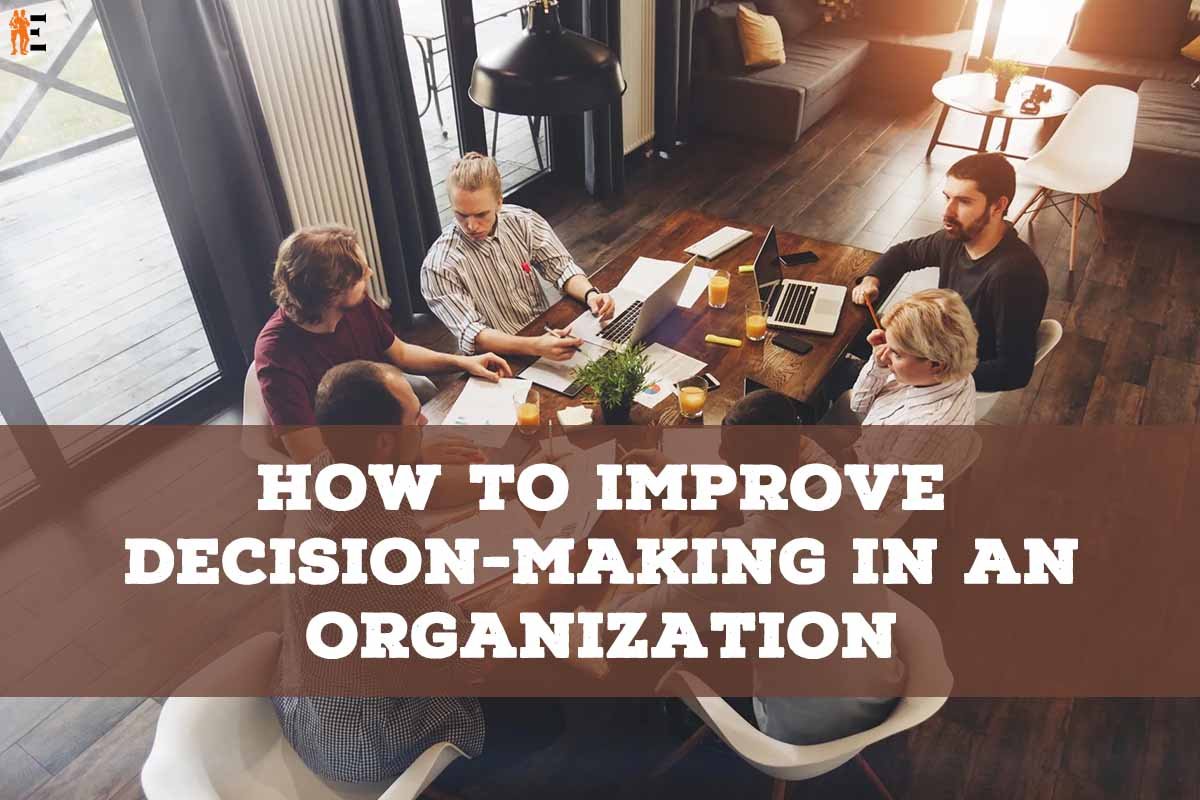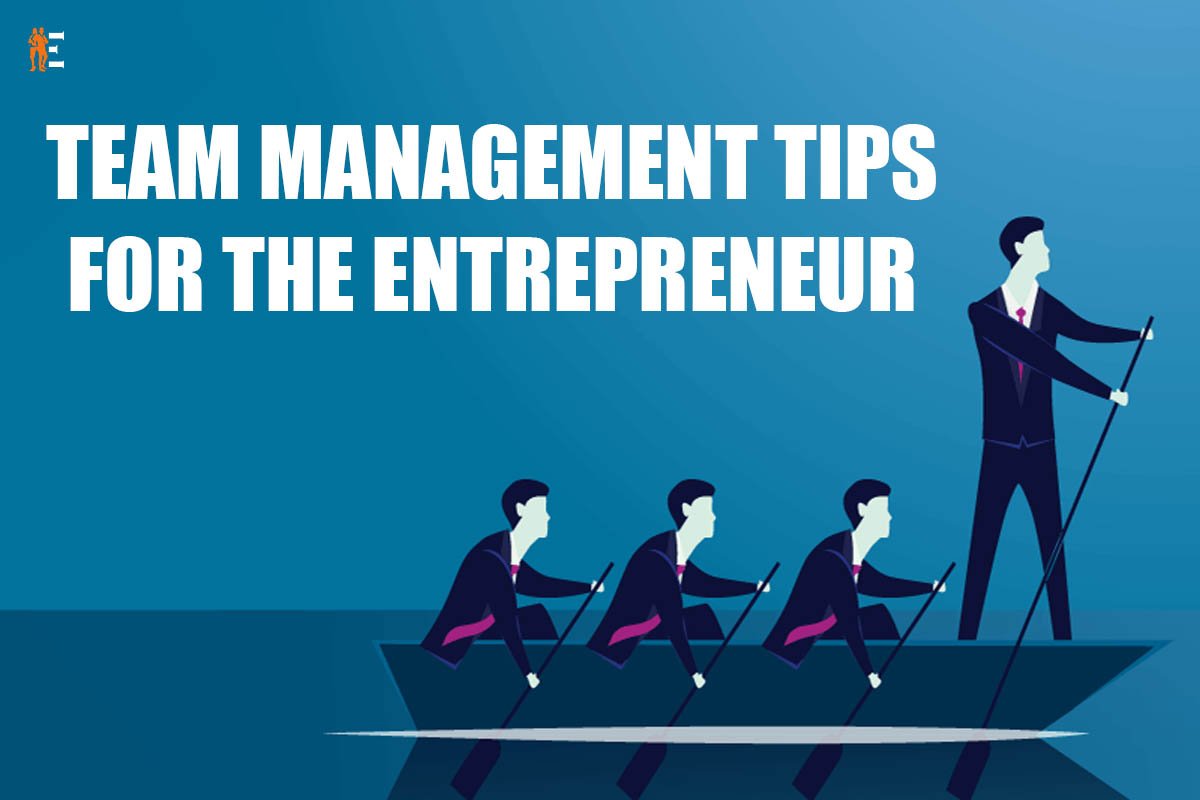There is probably a wealth of information just waiting to be discovered at your organization. By putting it to use, you may revolutionize the way improve decision-making are made inside your company or organization. If you have access to your whole information environment, you will be able to get valuable insights from the data it contains.
If this is not the case, you will need to rely only on your intuition to make judgments or informed predictions. But, if you have a comprehensive comprehension of the material, you will always be able to make judgments that are sensible and based on the facts. If your company can discover the information it needs more quickly, the choices it makes in the end will be of higher quality.
Here is how to improve decision-making in an organization;
1. Determine and prioritize critical choices.
The first thing for improve decision-making that has to be done is to figure out which choices are the most important. In an ideal world, each choice would be made after giving it enough consideration and being supported by an in-depth investigation of the relevant data. But, the fact of the matter is that some choices are more significant than others. The utmost importance should be paid to things like strategic inflection moments, for instance.

It is much too simple to put accuracy on the back burner in favor of convenience when there is no system in place to help prioritize the two. This often requires falling back on tried-and-true strategies like depending on one’s gut instinct, acquired wisdom, and everyday experience. Yet, placing a focus on just getting things done may not be the greatest thing for the firm that you work for.
2. Establish a central checkpoint or entrance.
If you want to be improve decision-making, you need to have an overall understanding of all the information you need to have in order to choose the best option.
The fact that the necessary material may be dispersed across several silos, and that in order to access it, you will need to breach data silos, is what makes this task difficult. Because of this, you need a thorough and all-encompassing virtual knowledge base of your information environment.
An further source of difficulty is the possibility that the essential data you want is undergoing rapid change. Facts that are now out of date are, at most, of little use. Because of this, it is essential that everything you access be in its most recent version.
In order to make judgments based on information, it is essential to construct a platform that provides simultaneous, encrypted access to all of your material from a centralized location. This is necessary in order to make decisions that are driven by information.
3. Recognize the gaps in your knowledge and work to fill them.
You want semantically intelligent search in order to improve decision-making and convert both organized and unstructured material into a database that is not only user-friendly but also responsive. When an enterprise search engine uses semantic search, it enables users to ask questions in their natural language and then determines what those inquiries are trying to accomplish on their behalf.
Semantically intelligent search makes it simpler for users to get the answers they are seeking for. This is accomplished not merely by finding results based on keywords, but rather by comprehending what the user is attempting to ask and then finding the answers to that question. As a consequence of this, it is able to extract higher-quality responses and provide outcomes that are more tailored to the individual.
The users’ capacity for improve decision-making is greatly bolstered once they have access to more pertinent information.











